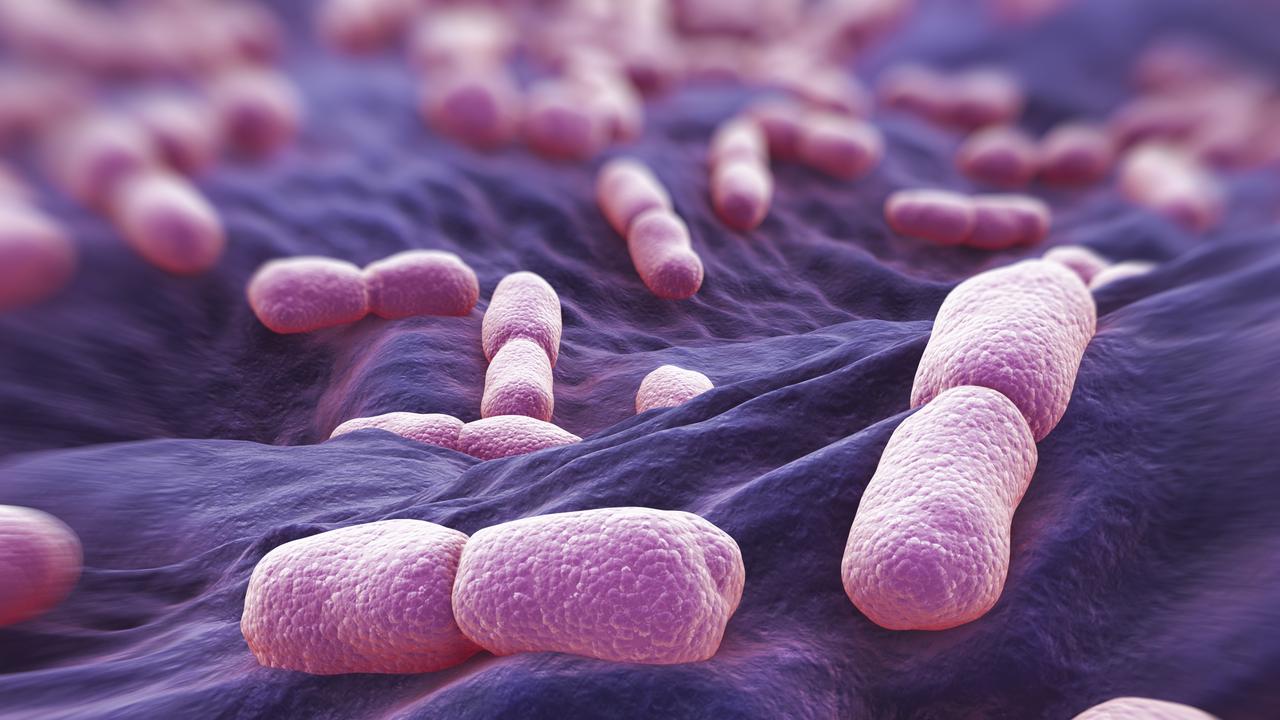Health authorities are rushing to trace the origin of a listeria contamination, after Victoria, NSW and Queensland all reported a genetically-linked clusters of listeriosis.
The virus is transmitted through food contaminated with listeria bacteria, like soft cheeses, pre-packaged food and chilled seafood and meat.
Although it usually only presents as a mild illness in health people, it can cause septicaemia and/or meningitis in vulnerable patients.
People who are immunocompromised, diabetic, the elderly, pregnant or have a history of alcohol abuse are at the highest risk of serious illness.
Queensland’s chief health officer John Gerrard said eight cases of the bacterial infection had been detected to date, but he expected the number to increase throughout the week.
On Sunday he said officials were currently investigating cases in the state’s south east, which matched the genetic codes detected in other states.
“There is potential for further cases to be notified as part of this outbreak as it can take up to two months for symptoms to appear after eating food contaminated with listeria,” Dr Gerrard said.
“We are investigating several potential food sources, with tests currently under way.
“We expect more results to come through in the coming week.”
Symptoms of listeriosis can cause fever, headache, muscle aches, nausea, vomiting, diarrhoea and neck stiffness, and while signs of illness may appear anytime within 24 hours to two months after eating contaminated food.
Dr Gerrard advised people who were concerned about a potential infection to contact their GP immediately.
NSW also issued an alert for listeriosis after 25 cases were detected as of September 9.
NSW Health’s One Health branch, Keira Glasgow said the number of cases was closer to what the state “usually expect to see in a whole year”.
“There are a range of foods that present very real risks to people who are older, pregnant or have underlying health conditions such as cancer, diabetes, heart, liver, or kidney disease, or who are on medications such as corticosteroids which impact immune systems,” she said.
“That’s why NSW Health is reminding these vulnerable people to be aware of the foods that present these risks. It’s vital these people choose safer options at all times.”
NSW Health advised people who were vulnerable to serious infection to avoid foods including:
– Cold delicatessen meats (freshly sliced, pre-packaged or from sandwich bars)
– Pre-cooked cold chicken (whole, portions or diced)
– Smoked seafood (for example, smoked salmon), unless cooked and served hot
– Chilled or raw seafood (for example, ready-to-eat prawns)
– Rockmelon, and pre-cut fruit or pre-prepared fruit, including fruit salad (pre-packaged, buffets or salad bars)
– Prepacked cold salads, including coleslaw (pre-packaged, buffets or salad bars)
– Frozen vegetables, unless cooked
– Pâté or meat spreads
– Unpasteurised milk or milk products
– Soft cheeses such as brie, camembert, ricotta, or blue-vein (unless cooked and eaten while hot)
– Soft serve ice cream
– Sprouted seeds





